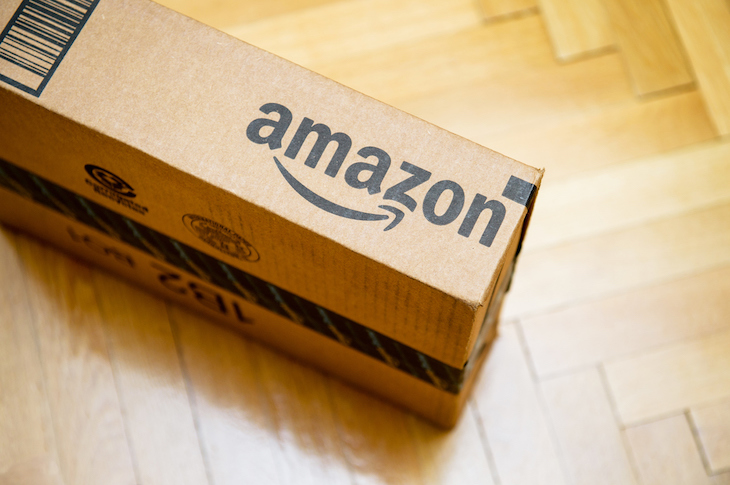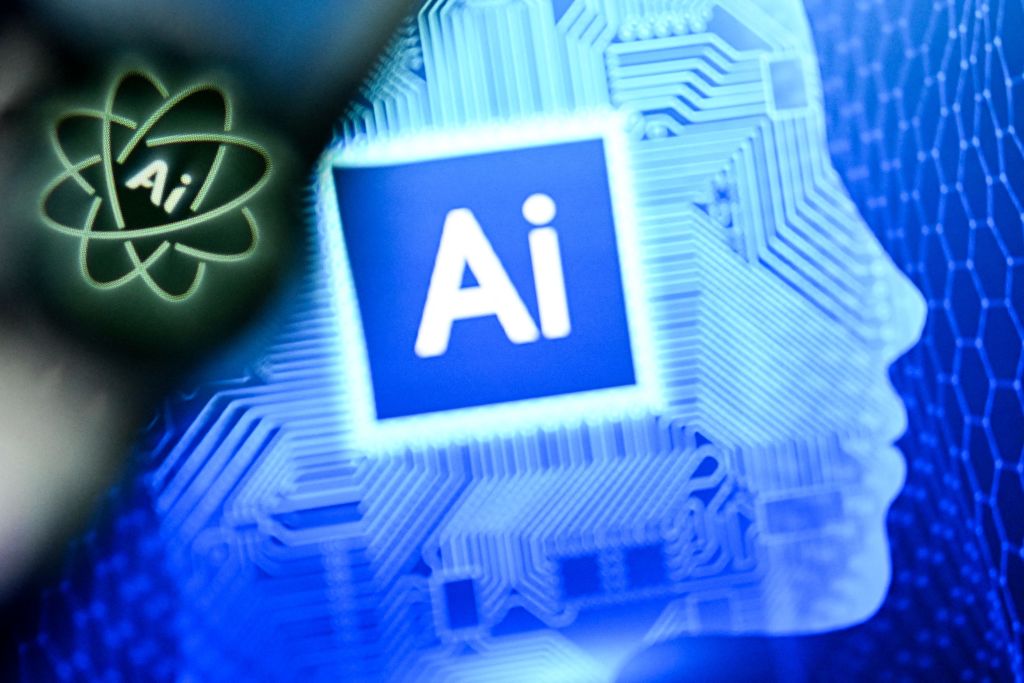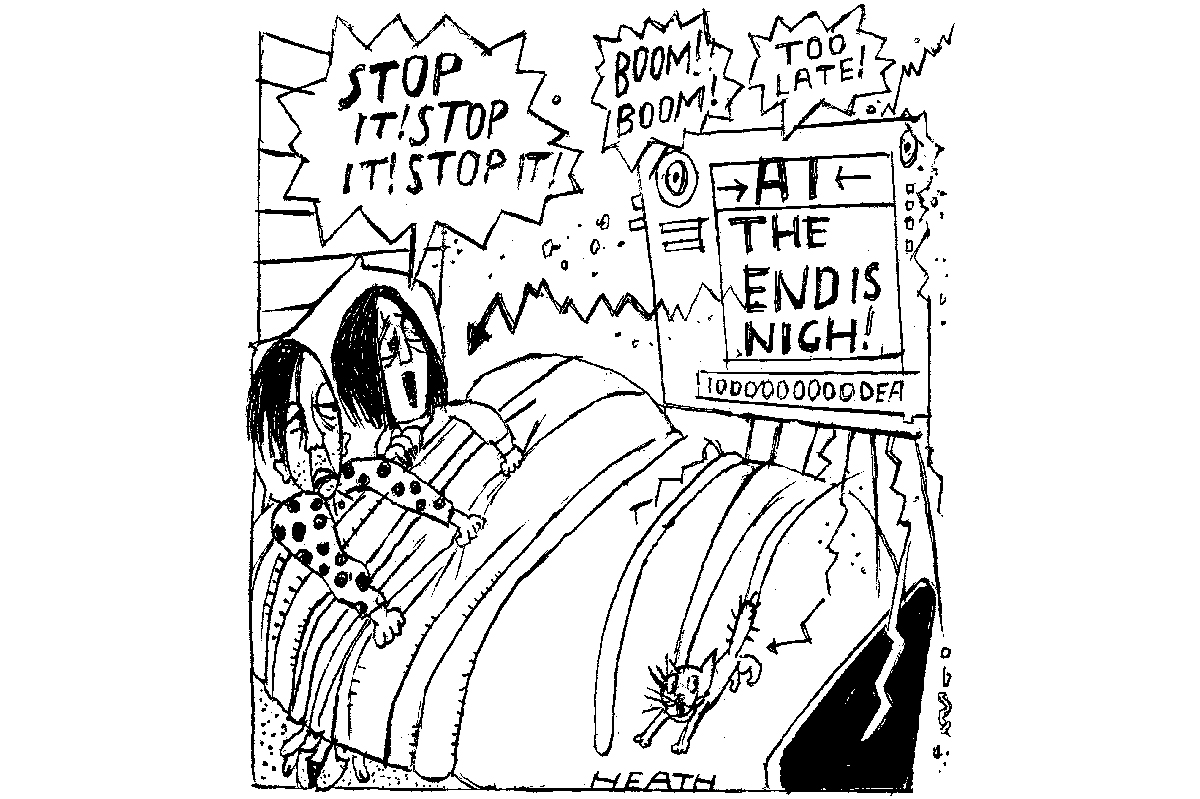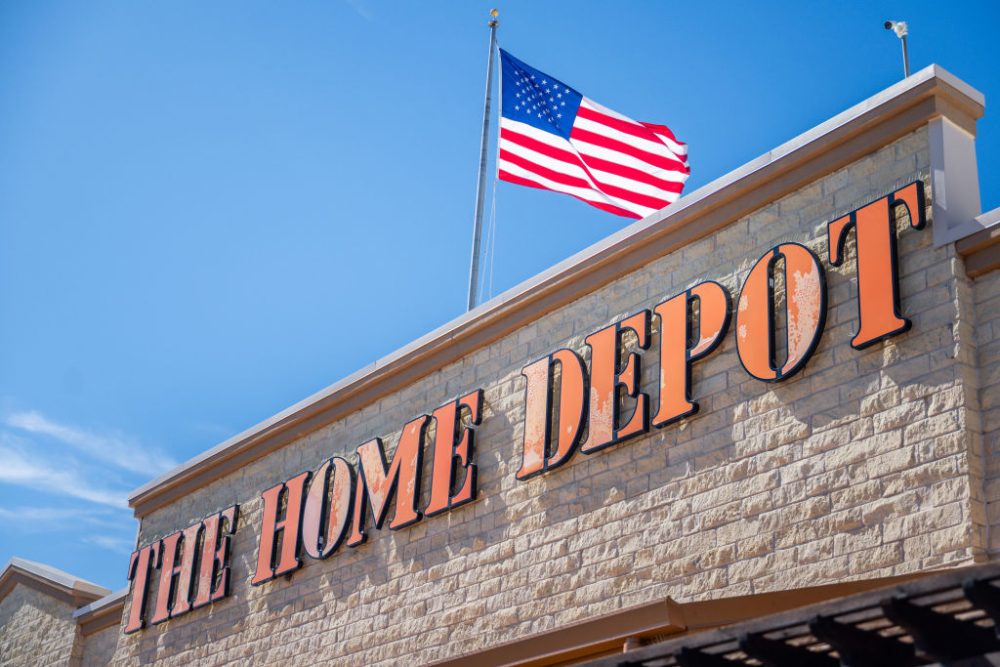Given the immense power that it wields, ‘Big Tech’ has ridden a gentle wave of goodwill. Steve Jobs was beloved, Elon Musk is admired and Mark Zuckerberg is generally seen as a well-meaning oddball. A 2018 study found that Amazon is the second most trusted institution in the US, behind only the military. How much that trust is based on knowledge of its procedures and how much on the relatively swift arrival of its packages is another question.
That goodwill is fast dissipating. Across, the political spectrum people are beginning to resent the internet giants. This week, a leftist campaign in New York managed to stop Amazon from building a second headquarters in Long Island, Queens. Some have questioned why politicians like Alexandria Ocasio-Cortez are so jubilant about averting an opportunity to create local jobs and local investment, though even the most die-hard capitalists would have to admit that the $3 billion dollars of incentives that Bill de Blasio and Andrew Cuomo had dangled in front of the tech giant seemed excessive. While many New Yorkers wanted the jobs and investment that Amazon could offer, and should not be overlooked, one can understand why others are quite happy to tell Jeff Bezos, Amazon’s CEO and president, to get lost. Why should so many taxpayer dollars be shoveled towards the richest man in the world?
Conservatives, meanwhile, are increasingly outraged by online censorship, as the tech giants have taken to denying platforms to various right-wing voices, often unfairly. When Jack Dorsey, the CEO of Twitter, appeared on the ultra-popular podcast The Joe Rogan Experience, the episode became the most unpopular in the history of the show, with six YouTube ‘dislikes’ for every ‘like’.
Centrists don’t like Big Tech either. Facebook has been found to be least trusted tech company among Democrat voters, who blame the company for the election of Donald Trump dislike its vulnerability to bad actors who seek to ‘disrupt elections, broadcast viral propaganda and inspire deadly campaigns of hate around the globe.’
The long-anticipated ‘techlash’ — the backlash against technology — has well and truly begun. Barry Lynn, an antimonopoly academic and director of the Open Markets Institute, says we have reached ‘turning point’ in social attitudes towards big tech. That’s no bad thing. The power of these companies, he says, ‘means that we all enjoy less freedom to do what we want in our jobs and our lives. It means that fewer and fewer companies are competing for our labor, allowing employers to gain more and more power not only over how we do business, but also how over we speak, think and act.’
Big Tech is under attack from different directions. On the right, prominent voices such as Niall Ferguson are now making the case that social media platforms should be public utilities which comply with First Amendment rights. Leftists, on the other hand, want to strengthen tax laws and government regulation to make Big Tech more accountable to society.
We should bear in mind that some of the outrage towards Big Tech is driven by gatekeeping and opportunism. Journalists were outraged when Facebook changed its algorithms to de-prioritize content from publishers and brands but I think I speak for the average user when I say I have not missed seeing so many listicles and hot takes. When President Trump criticizes Amazon, moreover, it is hard to believe that he takes genuine offense at their avoidance of state taxes rather than at Jeff Bezos for being a powerful opponent.
Still, it is good that societies are becoming more alert to the dangers posed by amazingly powerful technology companies. In the 1990s and even the 2000s there was a kind of innocence to the Internet, a widespread acceptance of the naive idea that the ‘web’ was brought to us by lovable nerd geniuses who just wanted to bring the world together. Now, at last, we are aware of the human and societal cost of the charming conveniences of limitless communication.
Amazon’s smooth delivery of packages, we all know but try to forget, depends on the rather brutal exploitation of its workers. Google offers endless information, but has also enabled the development of what Shoshana Zuboff calls ‘surveillance capitalism’, a vast system of data gathering, analysis and commodification that threatens our privacy and our freedom. The social media platforms on which we swapped jokes and cat pictures are now sites of ideological conflict and control. Our delight in watching cute robot videos has been replaced by concerns about the dark risks of artificial intelligences.
We have seen the future and it looks rather frightening. The nerds look rather more dangerous then we had assumed.

























